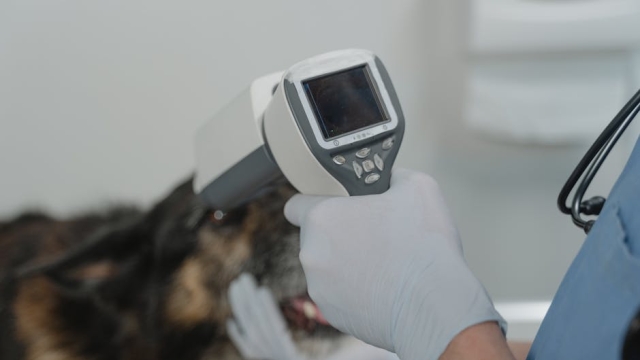Understanding PEOs What They Are and How They Work for Retail dynamic world
In the dynamic world of retail, business owners often grapple with various human resource challenges, from payroll management to compliance with labor laws. One effective solution that has gained traction among retail businesses is the use of a Professional Employer Organization (PEO). A PEO acts as a co-employer, providing a range of HR services that can significantly ease the burdens of running a retail operation. This article will explore what a PEO is, its benefits for retail businesses, and how to select the right PEO for your needs.
Understanding PEOs: What They Are and How They Work for Retail
A Professional Employer Organization (PEO) partners with businesses to manage various HR functions, including payroll, benefits administration, and compliance with labor laws. By entering into a co-employment relationship, retail businesses can offload many HR responsibilities to the PEO while retaining control over their day-to-day operations. This arrangement allows retailers to focus on their core activities, such as customer service and inventory management, while ensuring that HR tasks are handled by professionals with expertise in the field.
Key Benefits of Using a PEO for retail businesses
Utilizing a PEO for retail businesses offers numerous advantages that can enhance operational efficiency and employee satisfaction. Below are some of the key benefits:
1. Payroll Management
One of the primary functions of a PEO is managing payroll. This includes calculating wages, withholding taxes, and ensuring timely payroll processing. For retail businesses, which often have varying work hours and fluctuating employee numbers, efficient payroll management is crucial. A PEO streamlines this process, reducing errors and saving time that can be better spent on customer engagement and sales strategies.
2. Compliance Assistance
Retail businesses must navigate a complex landscape of regulations and compliance requirements, from wage laws to health and safety standards. A PEO has the expertise to help retailers stay compliant with these laws, reducing the risk of costly fines and legal issues. They monitor changes in regulations and provide guidance on how to implement necessary adjustments in HR policies.
3. Employee Benefits
Access to competitive employee benefits is essential for attracting and retaining talent in the retail sector. PEOs often offer access to comprehensive benefits packages that small to medium-sized retail businesses may struggle to provide on their own. This can include health insurance, retirement plans, and employee wellness programs, all of which contribute to higher employee satisfaction and loyalty.
4. Risk Management
Retail businesses face various operational risks, from workplace injuries to employee disputes. A PEO can assist in developing risk management strategies, including training programs and safety protocols, which can help mitigate these risks. By providing resources and expertise, a PEO helps create a safer and more productive work environment.
How to Choose the Right PEO for Your Retail Business Needs
Selecting the right PEO is a critical decision for retail business owners. Here are some factors to consider and questions to ask when evaluating potential PEO partners:
1. Industry Experience
Look for a PEO with experience in the retail sector. They should understand the unique challenges and regulations that retail businesses face. Ask about their experience working with companies of your size and type.
2. Service Offerings
Ensure that the PEO offers the services that align with your needs. This could include payroll processing, employee benefits, compliance assistance, and risk management. A comprehensive service offering can streamline various HR functions, making your partnership more beneficial.
3. Technology and Integration
Ask about the technology platforms the PEO uses. A user-friendly interface that integrates well with your existing systems can enhance efficiency. Consider how their technology can support your operations, especially in areas like payroll and employee self-service.
4. References and Reviews
Seek out references from other retail businesses that have partnered with the PEO. Their experiences can provide valuable insights into the PEO’s reliability and quality of service.
Conclusion
In summary, a PEO for retail businesses can provide essential support in managing HR functions, allowing owners to focus on their core mission of serving customers. By understanding the benefits and knowing how to choose the right PEO, retail business owners can create a partnership that enhances their operational efficiency and employee satisfaction. Whether it’s through streamlining payroll, ensuring compliance, or providing access to competitive benefits, a PEO can be a valuable ally in the competitive retail landscape. For more information on how PEO services can transform your retail operations, consider exploring additional resources on PEO offerings tailored for various industries.



